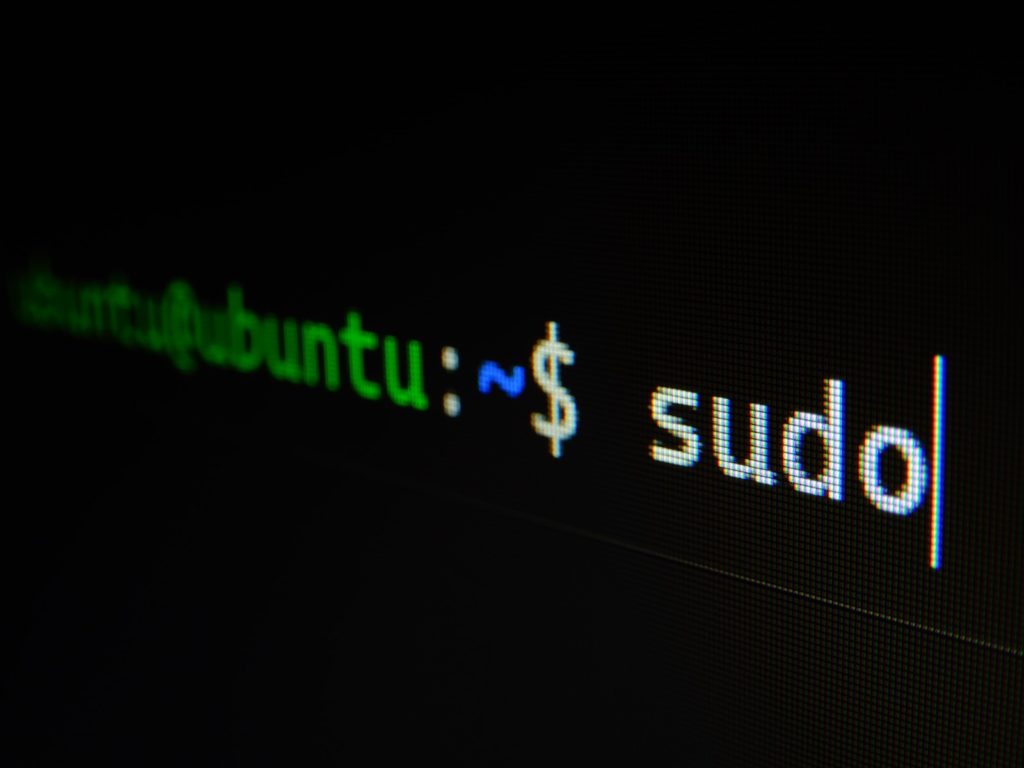Posted inlinux
Linux Open Port: Step-by-Step Guide to Managing Firewall Ports
Managing network ports effectively is a critical skill for Linux system administrators and security professionals. Ports serve as communication endpoints that allow applications and services to send and receive data…









